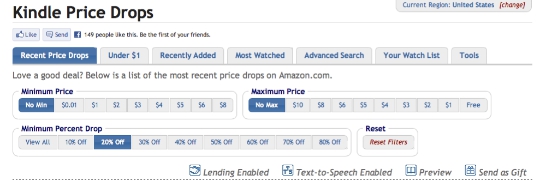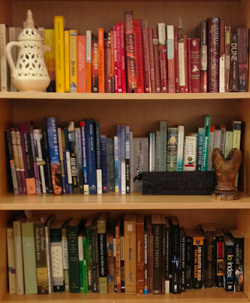At Project Grownup, Tuesdays are reserved for one of 5 “T”s: Tips, Tricks, Tools, Treats, or Trivia.
And what fits today better than trivia? So here are some fun facts about past Presidents, followed by a themed quiz (U.S. Currency) at the end. And, best of all? No political commentary ;-).
Have any other crazy presidential facts? Share them in the comments!
Fun Facts About Past Presidents
Elections
- Twice in history, neither candidate received the majority of electoral college votes. A case which leaves the House selecting the presidents. The two elected thusly? Thomas Jefferson and John Quincy Adams.
- George Washington was elected unanimously by the Electoral College. James Monroe would have had the same success, but for one New Hampshire delegate who held out in order to preserve Washington’s lone achievement.
Persons
- President William Howard Taft was a pretty thick dude, weighing in at over 300 pounds during his time in office. According to National Geographic, he got stuck in the White House bathtub, after which he had it replaced with a tub big enough for four grown men.
- Ironically, it was Taft who [Read more…]
 Email Notifications
Email Notifications